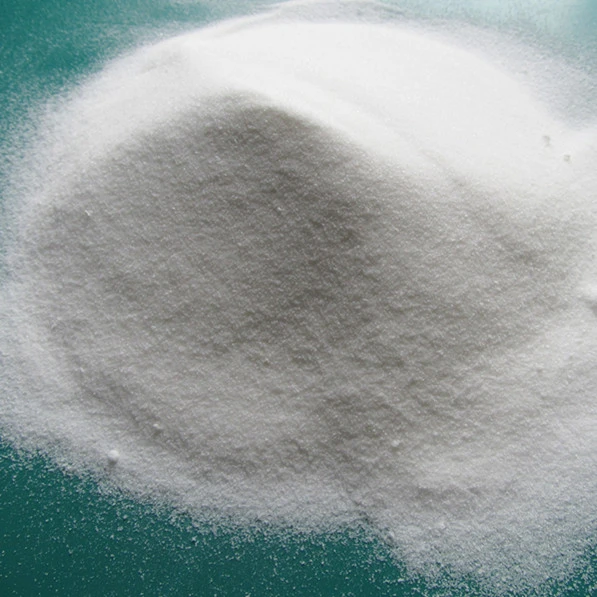
Nov . 10, 2024 13:40 Back to list
Exploring the Benefits of 46% Nitrogen Fertilizer for Enhanced Crop Growth
The Importance of 46-0-0 Fertilizer in Modern Agriculture
In the realm of agriculture, the quest for increased crop yield and sustainable farming practices has led to the widespread use of fertilizers. Among these, nitrogen fertilizers play a crucial role in enhancing soil fertility and promoting plant growth. One of the most significant nitrogen fertilizers on the market is 46-0-0, often referred to as urea. This compound consists of 46% nitrogen, making it one of the most concentrated nitrogen fertilizers available. Understanding the significance of 46-0-0 fertilizer can provide insights into its benefits, applications, and importance in modern agricultural practices.
What is 46-0-0 Fertilizer?
46-0-0 fertilizer is a granular product that contains 46% nitrogen in the form of urea. The numbers in the designation refer to the percentage of nitrogen (N), phosphorus (P), and potassium (K) present in the product, respectively. In this case, the fertilizer contains no phosphorus or potassium, hence the zeros. This high nitrogen content positions 46-0-0 as an effective choice for growers looking to provide a substantial amount of nitrogen to their crops.
Benefits of 46-0-0 Fertilizer
One of the foremost benefits of using 46-0-0 fertilizer is its efficiency in promoting plant growth. Nitrogen is an essential nutrient that forms a vital part of amino acids, proteins, and chlorophyll, the green pigment in plants responsible for photosynthesis. By ensuring an adequate supply of nitrogen, farmers can enhance plant growth, increase chlorophyll production, and ultimately improve crop quality and yield.
Additionally, 46-0-0 is highly versatile and can be used in various agricultural settings, from large-scale farms to small gardens. It can be applied to a wide range of crops, including cereals, vegetables, and ornamental plants. This adaptability makes it a go-to option for many farmers and horticulturists.
Application Techniques
46.0 0 fertilizer

The application of 46-0-0 fertilizer requires careful consideration to maximize benefits and minimize potential risks. It can be applied in several ways, including broadcasting, banding, or side-dressing. Broadcasting involves spreading the fertilizer evenly across the field, while banding places it in specific rows or bands to target the root zones of plants. Side-dressing, on the other hand, involves applying fertilizer alongside the rows of growing crops, allowing for better nutrient uptake as the plants mature.
Timing is another critical factor in the effective use of 46-0-0 fertilizer. It is often best to apply it during the early growth stages of crops when nitrogen demand is high. However, caution should be taken to avoid excessive application, as over-fertilization can lead to nutrient runoff, soil degradation, and potentially harm surrounding ecosystems.
Environmental Considerations
While 46-0-0 fertilizer offers numerous benefits, its application also raises environmental concerns. Excessive nitrogen use can lead to nutrient leaching, where nitrogen seeps into groundwater or runs off into waterways, causing pollution and contributing to algal blooms. Therefore, it is essential for farmers to adopt sustainable practices, such as soil testing and using advanced application techniques, to mitigate these risks.
Furthermore, integrating practices such as crop rotation, cover cropping, and using organic fertilizers can enhance soil health and reduce dependence on chemical fertilizers, promoting a more sustainable agricultural system.
Conclusion
In conclusion, 46-0-0 fertilizer is a powerful tool in modern agriculture, providing essential nitrogen to crops and significantly enhancing growth and yields. However, responsible application and environmental stewardship are critical to ensuring that its benefits are maximized while minimizing potential ecological impacts. As agriculture continues to evolve, the effective and sustainable use of fertilizers like 46-0-0 will play a vital role in feeding a growing global population while preserving the health of our planet. By embracing sustainable practices and technologies, farmers can not only improve their productivity but also contribute positively to the environment, ensuring food security for future generations.
-
10 10 10 Fertilizer Organic—Balanced NPK for All Plants
NewsJul.30,2025
-
Premium 10 10 10 Fertilizer Organic for Balanced Plant Growth
NewsJul.29,2025
-
Premium 10 10 10 Fertilizer Organic for Balanced Plant Growth
NewsJul.29,2025
-
Premium 10 10 10 Fertilizer Organic for Balanced Plant Growth
NewsJul.29,2025
-
50 Pound Bags of 13-13-13 Fertilizer for All Plants – Bulk & Organic Options
NewsJul.28,2025
-
High-Efficiency 15-30-15 Granular Fertilizer for Healthy Crops
NewsJul.28,2025
